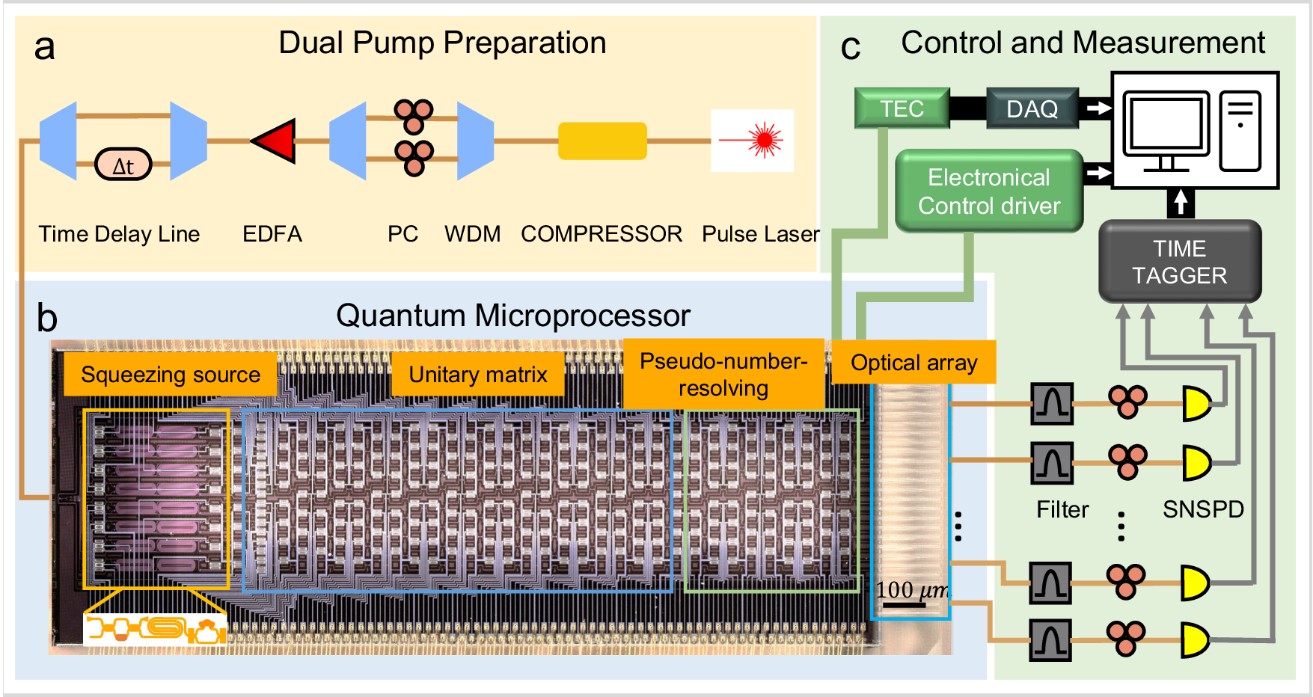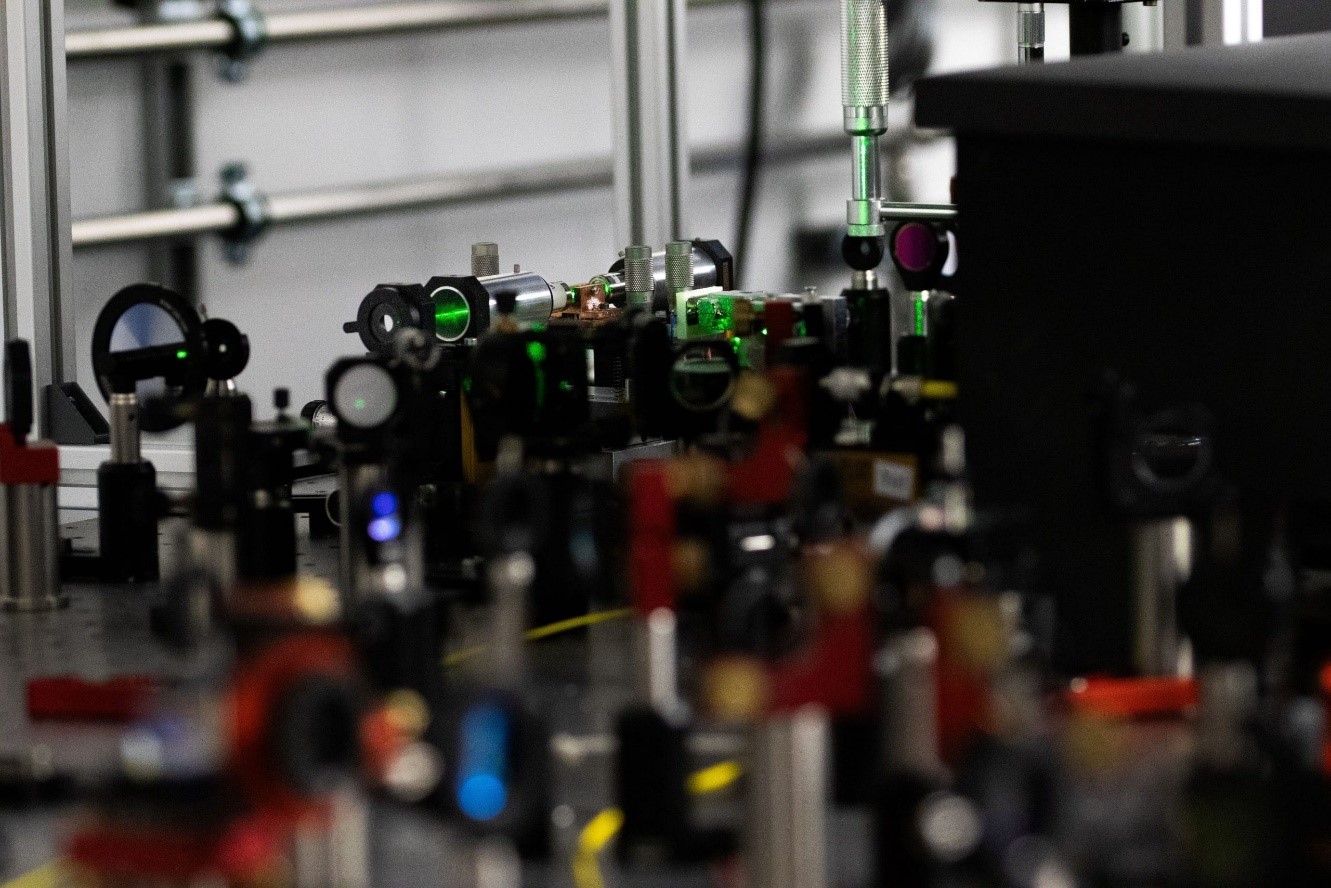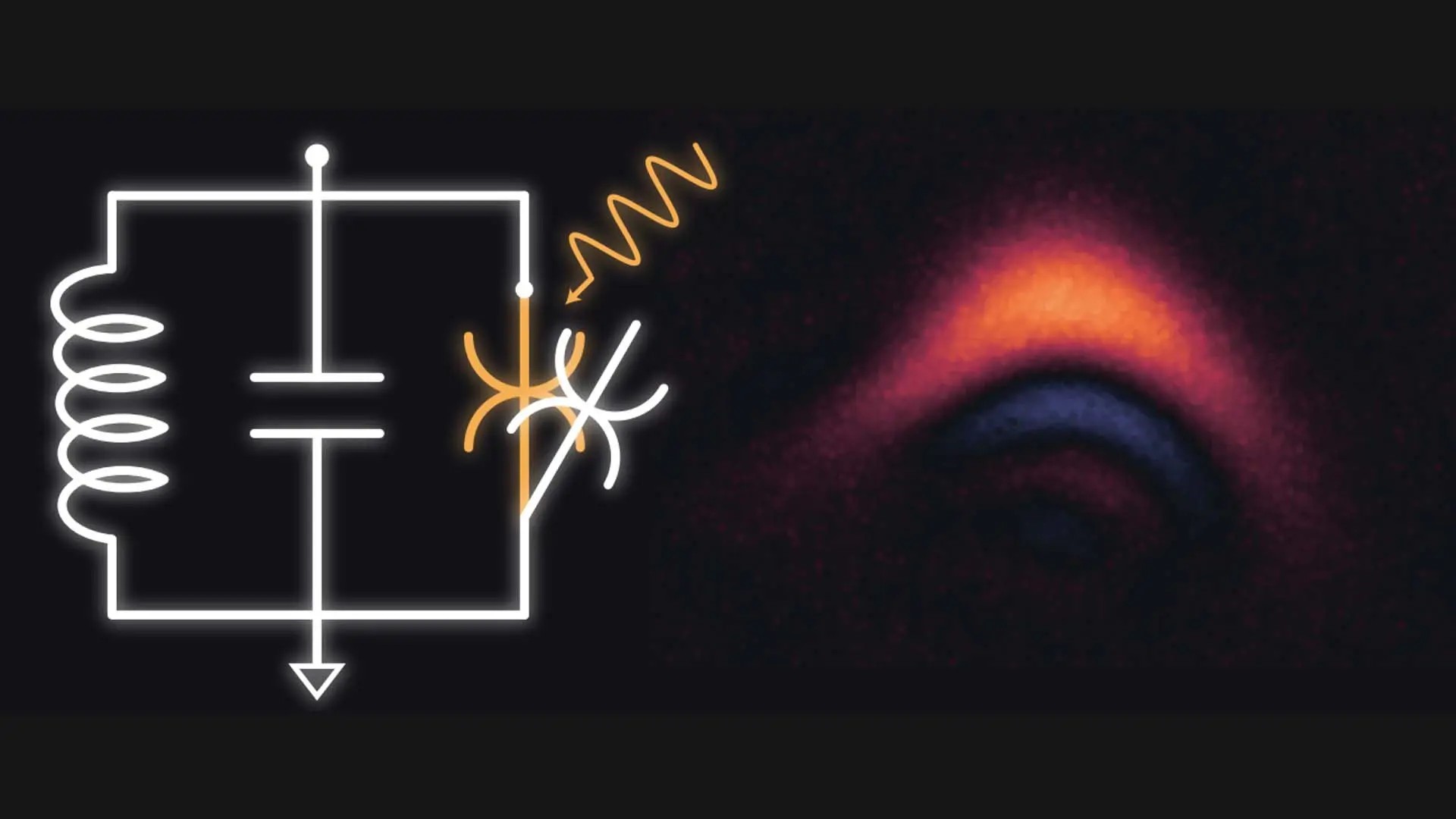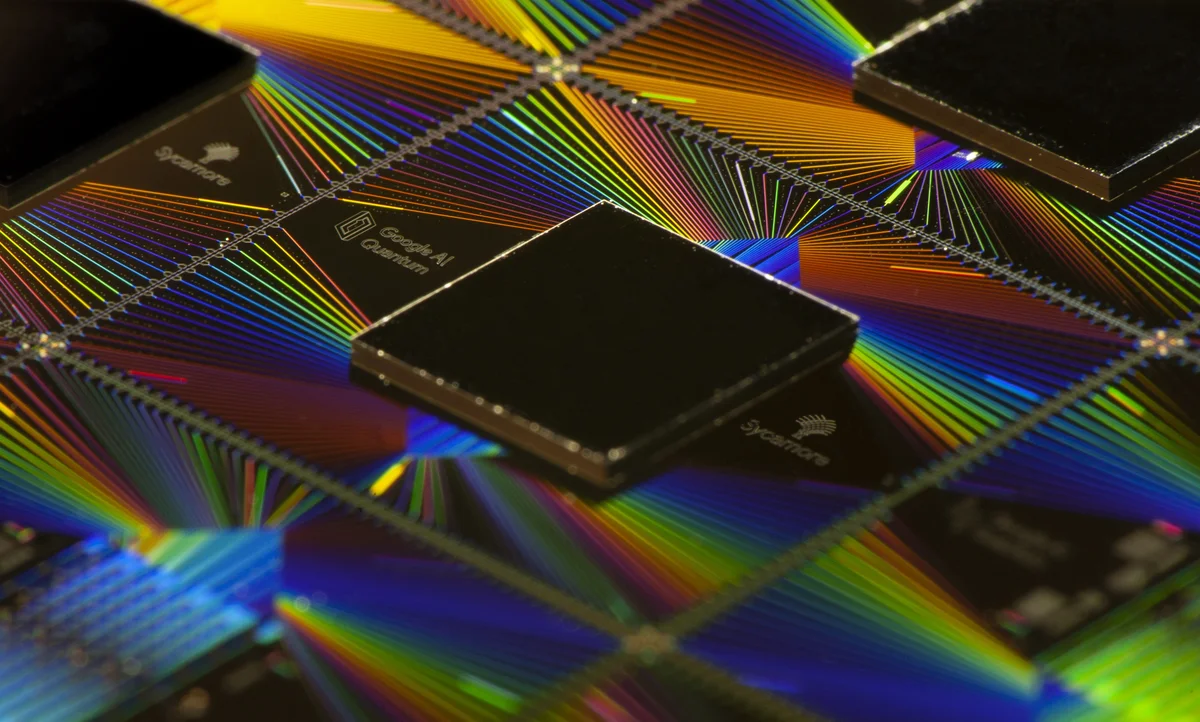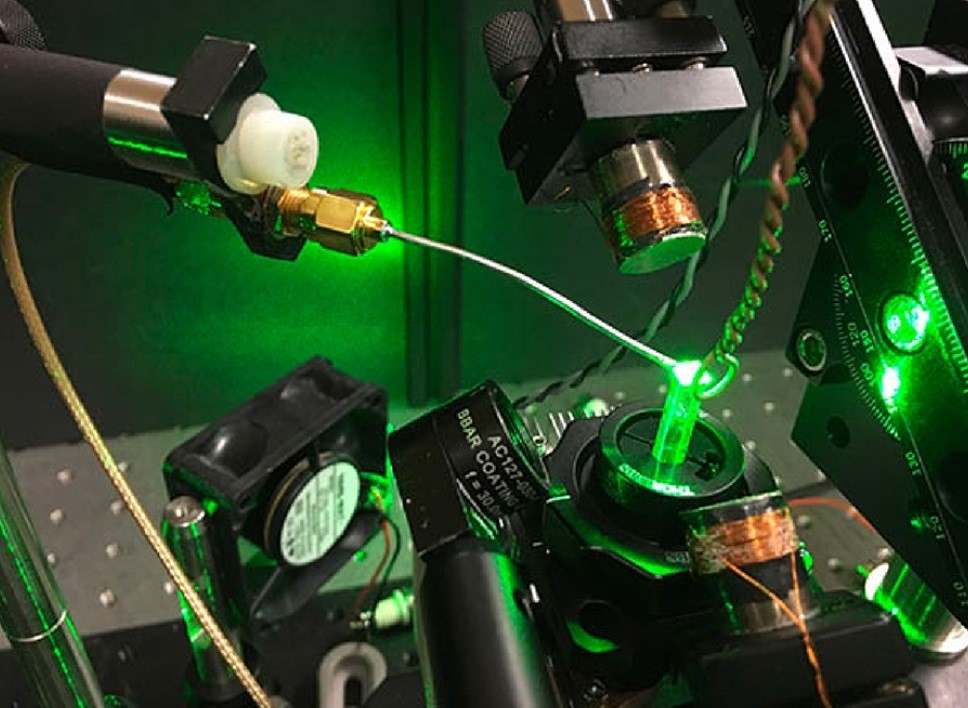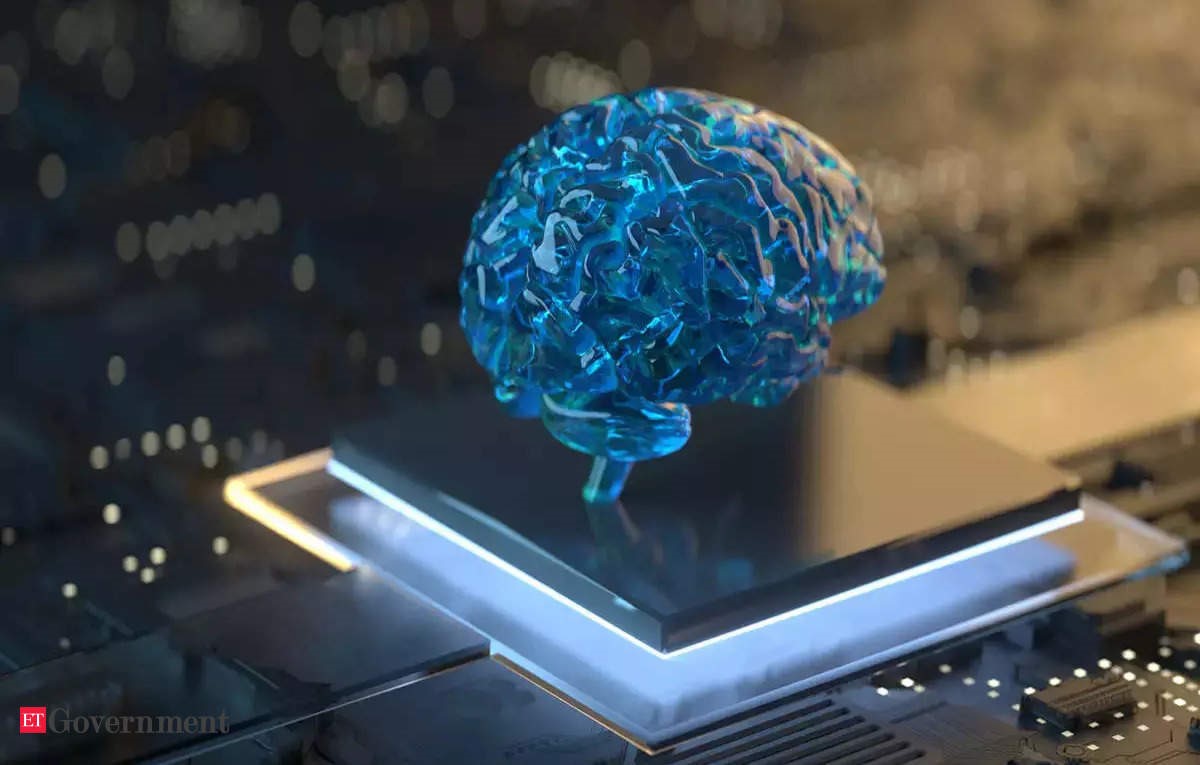What Google's Quantum Computing Breakthrough "Willow" Means for The Future of Bitcoin and Other Cryptocurrencies
Google’s recent unveiling of Willow, a quantum chip that significantly reduces error rates compared to its predecessors, marks a major step forward in the push for real-world quantum computing. In the coming years, Willow could reshape our understanding of risk in cryptocurrencies.
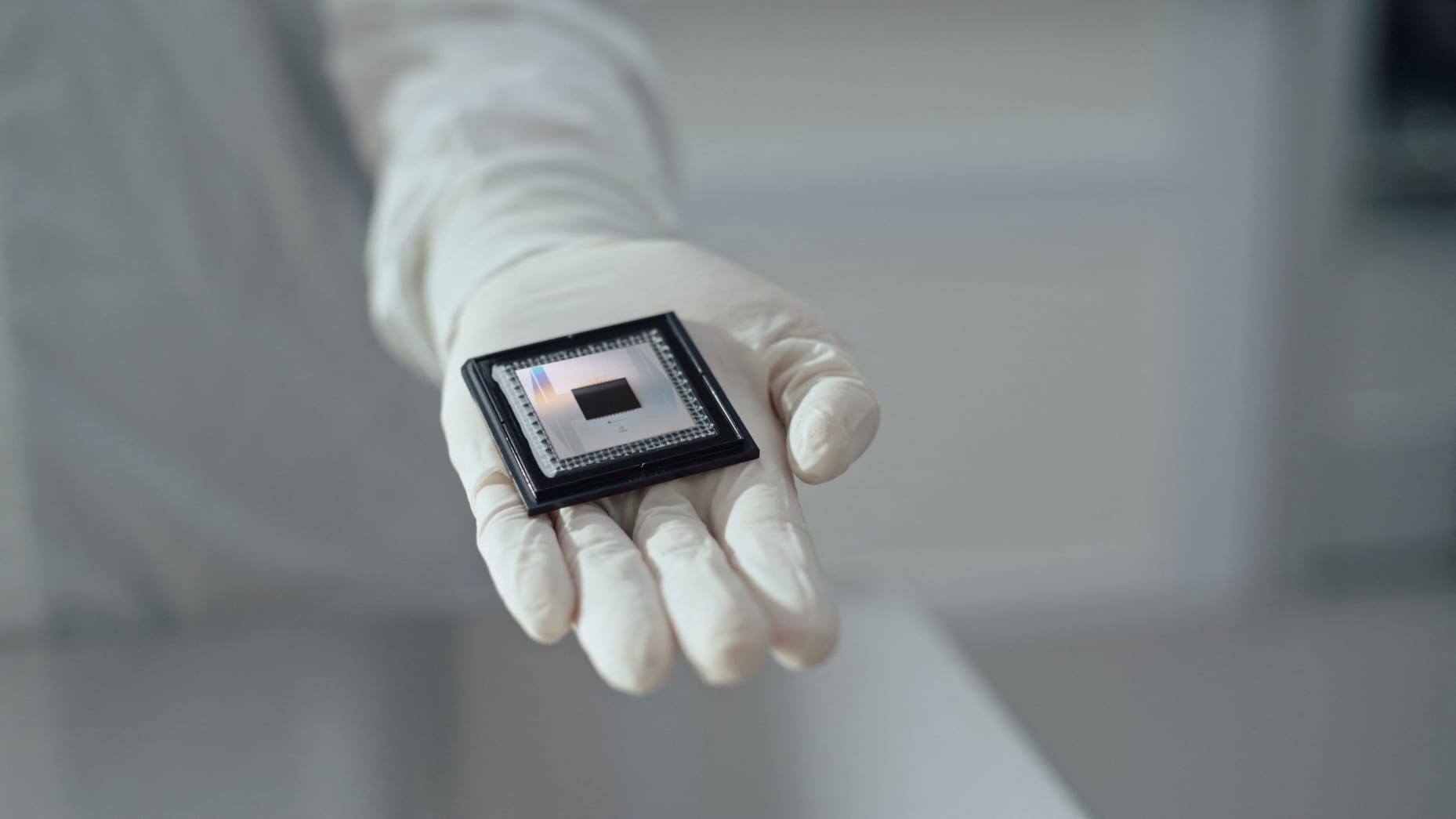
Figure 1. Google's Quantum Computing Breakthrough "Willow" and Its Impact on the Future of Bitcoin and Cryptocurrencies.
Willow’s speed is staggering — it can complete a computation in under five minutes that would take the world’s fastest supercomputer 10 septillion years to solve. However, quantum computing has historically struggled with accuracy, often likened to a garden hose spraying water aimlessly. Willow’s impressive combination of speed and precision might one day enable hackers to breach the cryptographic algorithms securing bitcoin and other cryptocurrencies. Figure 1 shows Google's Quantum Computing Breakthrough "Willow" and Its Impact on the Future of Bitcoin and Cryptocurrencies.
For now, qubits and bitcoin can coexist
Quantum computing is based on qubits, and while the concept is complex, security expert Tim Hollebeek provides a simplified analogy: Imagine a maze, where a classical computer explores one path at a time to find the exit. A quantum computer, on the other hand, can explore all paths simultaneously, solving the problem much faster.
Although Willow’s current capabilities are not yet ready for widespread use, its advancements in speed and accuracy pave the way for larger-scale quantum machines. One challenge for quantum computers is the instability of qubits, which often produce errors. However, Willow’s error correction capabilities address some of these issues, allowing for more accurate results. While this breakthrough could eventually empower hackers to target cryptocurrencies, this remains a theoretical concern for now."Quantum computers can theoretically solve cryptographic problems much faster, posing a potential threat to current algorithms if a sufficiently powerful quantum machine is developed," Hollebeek notes. But for crypto owners, there's little to worry about at present. "No such quantum computers exist today, and they aren't expected for at least another 5, 10, or even 15 years," he adds, with the fastest timeline being dependent on unforeseen technological breakthroughs.
A decade-long advantage for crypto
A Google representative emphasized that Willow is not capable of breaking modern cryptography, reiterating that quantum technology with that potential is still years away. Even if Willow’s speed could theoretically break crypto faster, the process would still take longer than the age of the universe, according to Park Feierbach, CEO of Radiant Commons and decentralized finance expert.
Google’s quantum processors currently operate with about 100 qubits, far from the millions needed to break RSA encryption, which is crucial to cryptocurrencies. Estimates suggest that quantum computers would need at least 10 more years to be able to crack RSA.
Quantum-safe' algorithms
The Google spokesperson emphasized that Willow has not changed the projected timeline for quantum breakthroughs. As the quantum computing community has long anticipated, they’ve been working on developing"quantum-safe" algorithms designed to withstand attacks from quantum computers. The National Institute of Standards and Technology (NIST) has already released several such algorithms, and the industry is working on implementing these standards to protect sensitive data in the future.
Despite quantum computers’ ability to break traditional cryptography, they aren’t invincible. Holecek points out that while quantum systems are excellent at some tasks, such as factoring large numbers, there are other difficult math problems they struggle with. Asymmetric cryptography can be adapted to use these more challenging problems, ensuring greater resistance against quantum attacks.
According to Taqi Raza, assistant professor at the University of Massachusetts Amherst, new cryptocurrencies may need to be developed that integrate post-quantum cryptography (PQC) to stay secure in the age of quantum computing. These cryptocurrencies would employ quantum-resistant cryptographic algorithms to counter the potential power of quantum machines.
Looking beyond crypto, quantum computing is expected to have far-reaching impacts on other industries. Breakthroughs will drive faster computing, revolutionize AI, and improve data security through ultra-secure encryption. Raza believes that quantum advancements will transform multiple sectors, and while the crypto industry is a key area of focus, it should not be considered in isolation during these developments.
Source: CNBC
Cite this article:
Priyadharshini S (2024),What Google's Quantum Computing Breakthrough "Willow" Means for The Future of Bitcoin and Other Cryptocurrencies, AnaTechMaz, pp. 165



